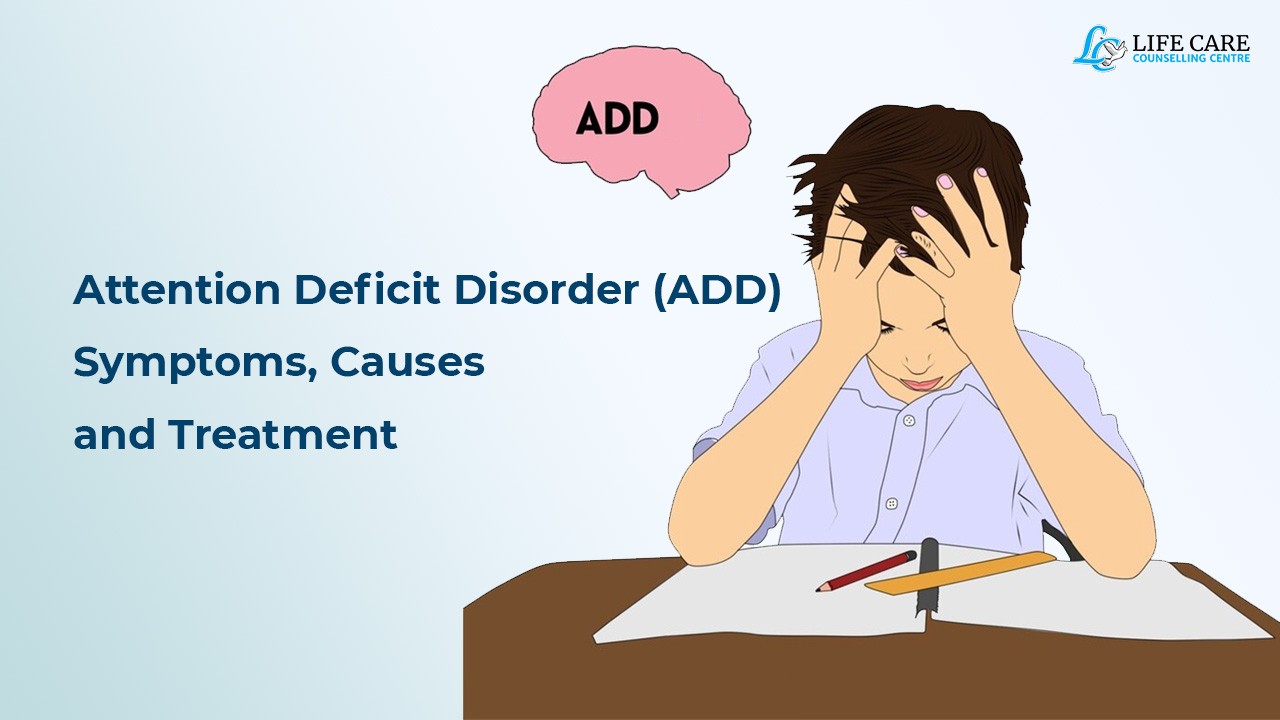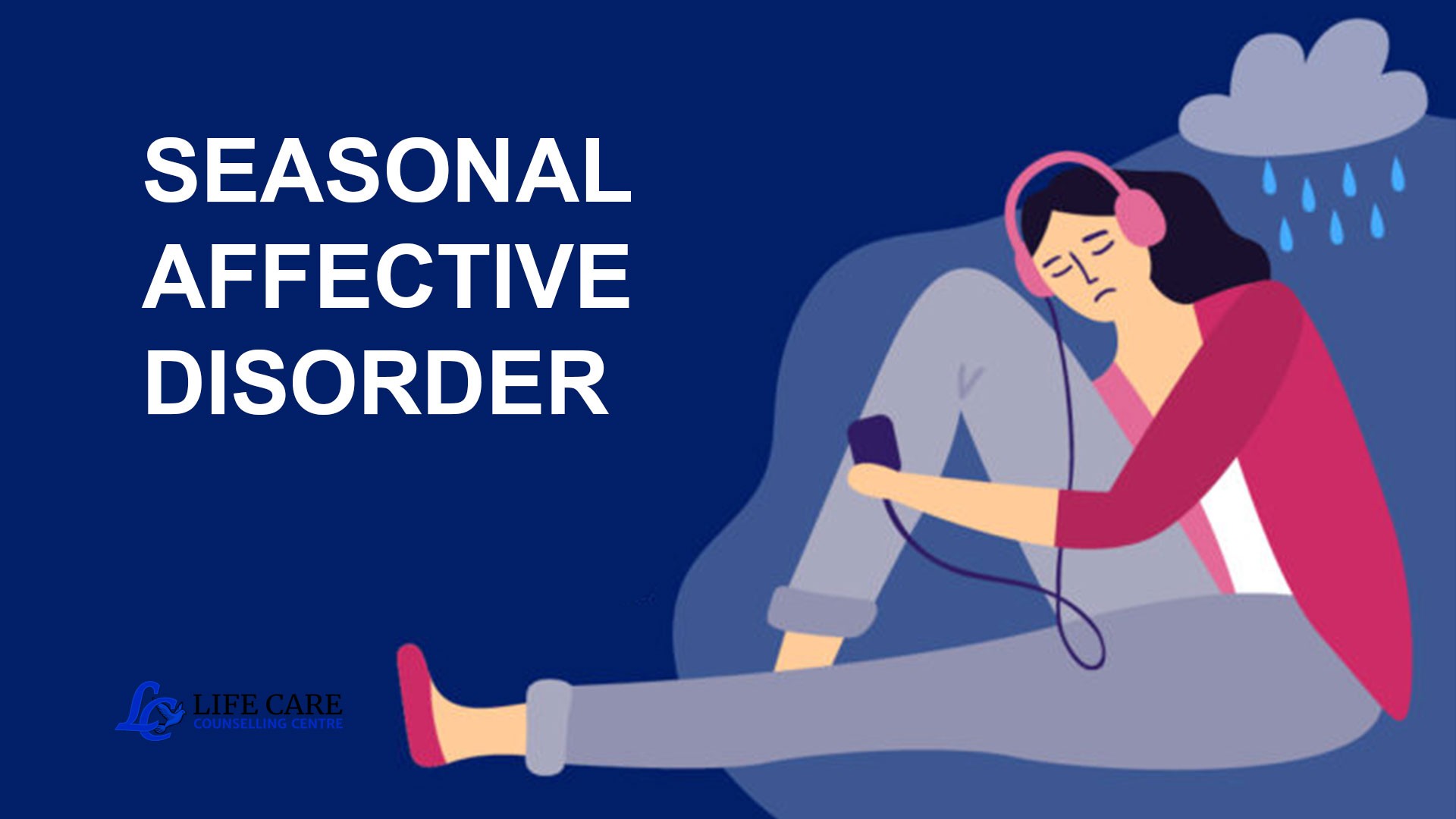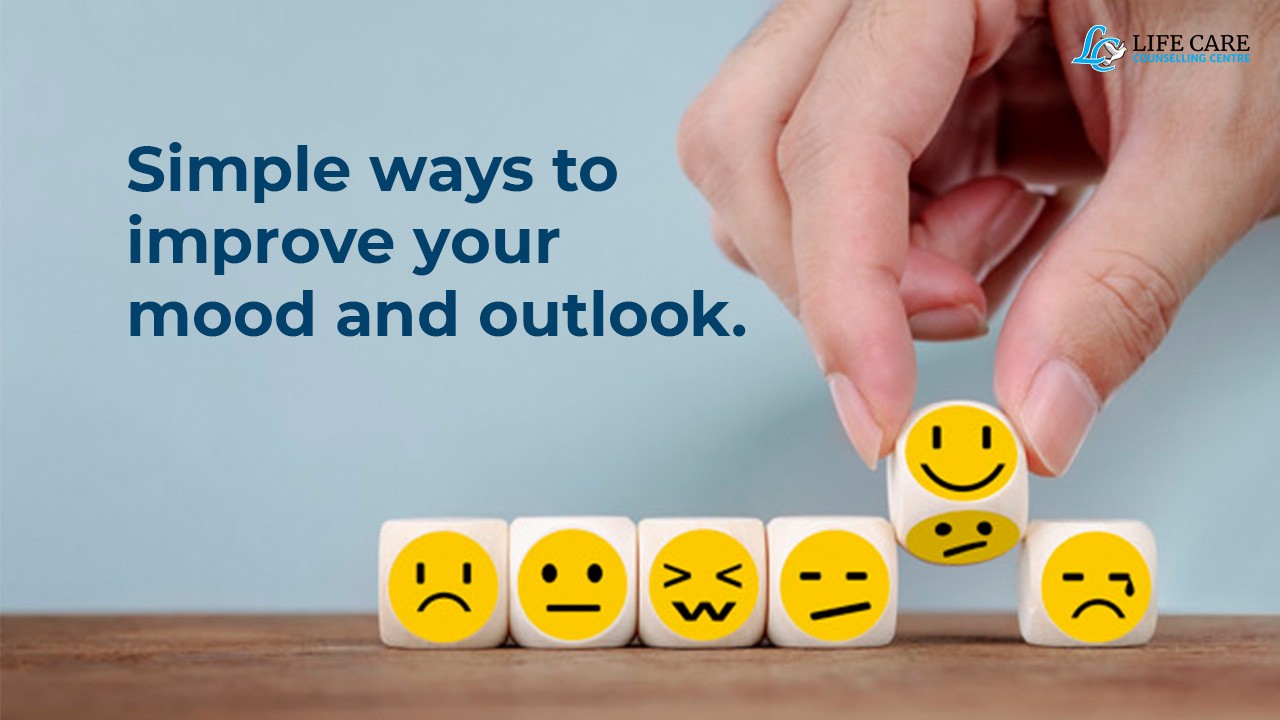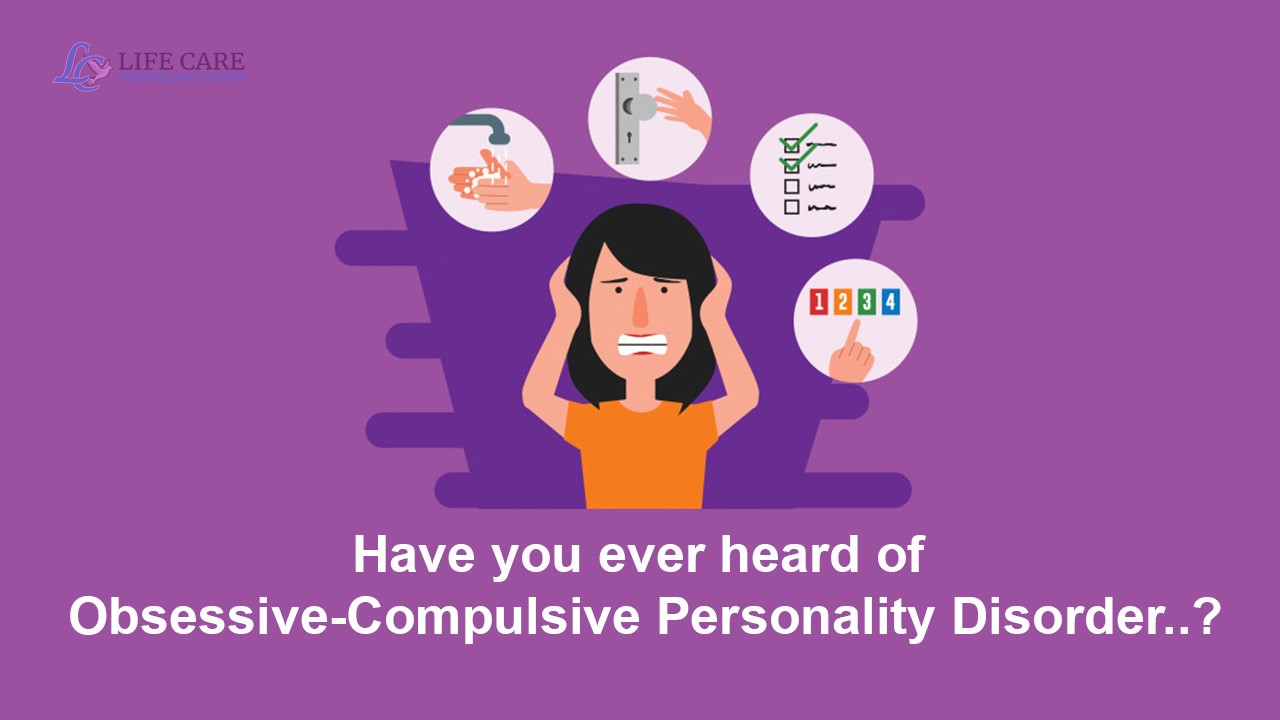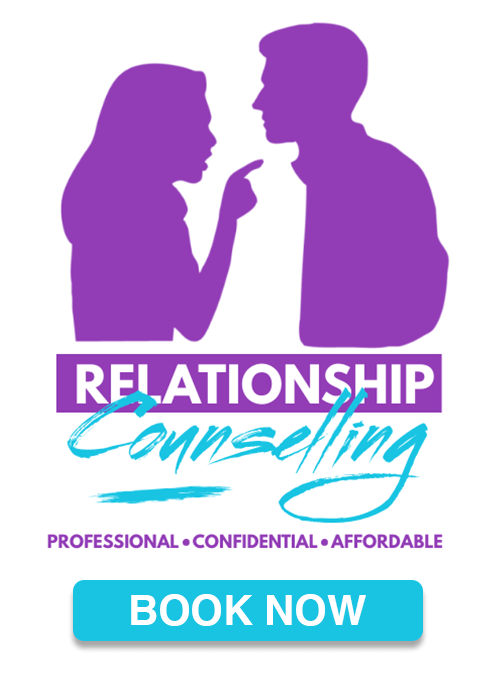We all often find it difficult to pay attention, yet some face this struggle much more than others. While the inability to awareness becomes continual trouble, it may indicate Attention Deficit Disorder(ADD). Most people consider ADD as a childhood condition. However, they forget that children diagnosed with ADD eventually grow into adults and that many are not diagnosed by a medical professional until adulthood. How is ADD different in adults? What are the symptoms? Let’s discuss that here.
What is Attention Deficit Disorder (ADD)?
Attention deficit disorder (ADD) is a neurodevelopmental disorder that makes it difficult for a person to pay attention and control impulsive behaviors. It is similar to attention deficit hyperactivity disorder (ADHD) but without the hyperactivity.
What are some signs of inattention?
- Difficulty following instructions
- Appears confused, lost in thought
- Difficulty sustaining attention
- Loses things necessary for tasks
- Insufficient attention to details
- Appears disorganized
- Makes careless mistakes
- Appears drowsy
- Appears forgetful
- Daydreaming
What are some signs of impulsivity?
- Excessive talking
- Blurts out answers
- Difficulty awaiting turn
- Interrupts
- Difficulty playing quietly
- Difficulty remaining seated
- Excessive writing
How Many Adults Have Attention Deficit Disorder (ADD)?
Millions of children are diagnosed with ADD and/or ADHD, but not many adults suffer from the condition.
ADD affect approximately 3-5% of the childhood population. Out of that 50-80% continue some degree of symptoms into adulthood. Males are more likely to have ADD than females. These numbers are significantly underreported, as the number of cases increases annually.
What is the difference between Attention-Deficit Disorder (ADD) and Attention-Deficit Hyperactivity Disorder (ADHD)?
ADD with and without hyperactivity are separate and unique childhood disorders. They are not subtypes of a disorder. children with ADD are more frequently described as lazy, depressed, or learning disabled while children with ADHD are more frequently labeled as conduct or behavior disordered.
What Conditions Commonly Co-Exist With ADD?
It is difficult to diagnosis ADD because many conditions tend to co-exist with this disorder. This becomes highly relevant when evaluating teenagers and adults. As long as ADD remains untreated, the higher the potential for developing additional problems.
The following are common co-existing problems:
- Academic performance problems like Underachievement and Learning disabilities.
- Emotional problems like Over-reaction to situations and Poor self-esteem.
- Social skills problems like self-centered, aggressiveness, and poor self-awareness.
- Conduct problems like lying, stealing and destructiveness
Attention Deficit Disorder (ADD) Symptoms in Adults:
Inattention: With inattention comes distraction and difficulty in concentrating. Adults with ADD becomes daydreamers and they struggle to remain focused on the matters at hand.
Disorganization: responsibilities and obligations increase with age. The disorganization appears at home or in their workspace, like accidentally neglecting bills and assignments, and keeping family matters coordinated.
Poor Time Management: We all are occasionally late for that important meeting, functions, or any other important purposes. However, those with ADD are habitually late because they are unable to focus on a single task and they underestimate the amount of time it will take to complete a task.
Impulsive Behaviour: Impulsive behavior is more common in ADHD than ADD. Adults with ADD speak before thinking and make decisions before weighing the consequences.
Hyperfocus: When an individual with ADD is partaking in a task or activity they enjoy, they become completely absorbed. During this period, they tend to ignore everything in the environment surrounding them.
Other symptoms include Lack of Multi-Tasking Abilities, Mood Swings, Boredom, Poor Listening Skills, Forgetfulness, Low Self-Esteem, Sleep Disorders.
What are the complications due to ADD?
ADD can make life difficult for you as they are linked to:
- Poor school or work performance
- Unstable relationships
- Poor physical and mental health
- Unemployment
- Financial problems
- Trouble with the law
- Alcohol or other substance misuses
- Poor self-image
- Suicide attempts
What are the Causes of ADD?
- Genetics: ADD could be hereditary, and studies show genes may play a role.
- Environment: Certain environmental factors such as exposure to lead as a child
- Problems during development: Problems with the central nervous system at certain times of development
What are the possible treatments for ADD?
Mental health therapists often use a combination of three ways recommended to treat the disorder:
- Medication
- Attention enhancement therapy
- food habits management
- Cognitive behavioural therapy (CBT)
Medication
Stimulants: Boost and balance the neurotransmitter levels.
Antidepressants: Inhibit norepinephrine and dopamine reuptake. we can avoid ADHD in childhood to move further into ADD in adulthood through proper medication. Consult a mental therapist for proper medication.
Attention Enhancement Therapy
Treating a client with Attention Enhancement Therapy can have tangible successes – self-motivation, achieving goals, and a significant increase in attention.
Food Habits Management
Healthy eating habits are elusive for many adults with attention deficit hyperactivity disorder. Certain foods are better at keeping a person’s energy and blood sugar levels stable and improving concentration. Consult a mental therapist to get a proper diet chart and follow it correctly.
Cognitive Behaviour Therapy (CBT)
CBT is a common type of mental health counseling, during which you meet with a mental health practitioner on a structured schedule. These regular sessions involve working with your counselor to talk through any anxiety, stress, or depression.
If any of the symptoms listed above continually disrupt your life, talk to a mental health practitioner about whether you might have ADD. Different types of health care professionals may diagnose and supervise treatment for ADHD. Seek a provider who has training and experience in caring for adults with ADD.
Need Help?
Does your teen child faces problems with any of these symptoms? It's now or never.
- Book an appointment with our most experienced adolescent counsellor and have a free discussion over phone.
- Call us now: 8157-882-795


